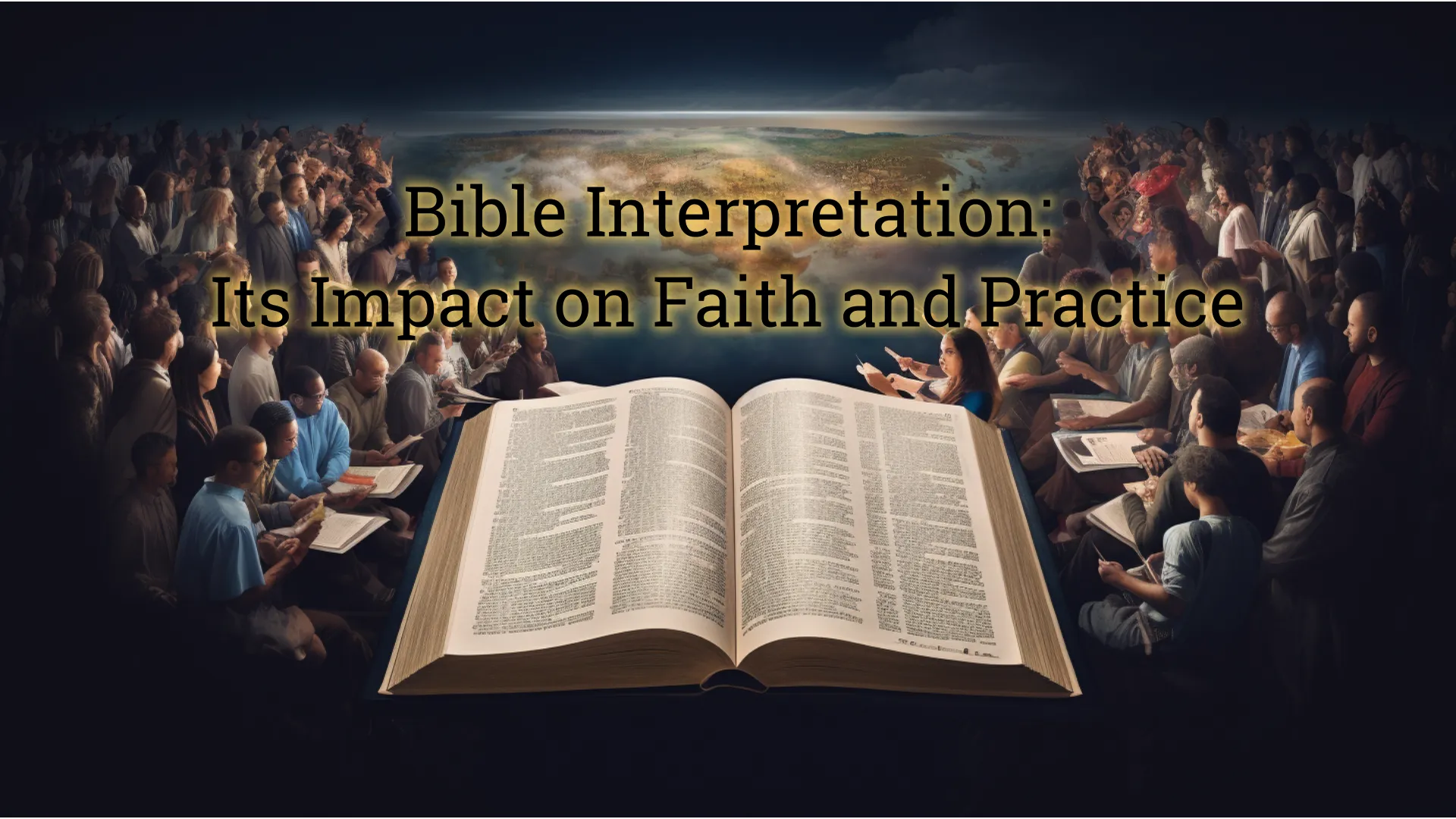Mid-Acts Dispensationalism Examined: Understanding Paul's Revelation
This discussion critically examines whether Paul's teachings were entirely unique or if they harmonized with the broader message of salvation presented in the Old Testament and shared among the other apostles.
Mid-Acts Dispensationalism: This view places the beginning of the Christian Church not at Pentecost but rather during Paul's ministry in Acts 9 or 13. It emphasizes that only Paul's writings are applicable to Christians today, setting his teachings apart from the rest of the apostles.
Unique Revelation to Paul: Paul claims in several passages (Colossians 1:24–26, Romans 16:25–26, Ephesians 3:3–11) that he received a revelation directly from Jesus Christ. This revelation includes the mystery of combining Jews and Gentiles into one body, breaking barriers.
The Mystery Partially Revealed: While some argue that Paul's revelation was entirely hidden until he received it, Paul himself uses Old Testament Scriptures in Romans to support his teaching. He shows that parts of the mystery, like justification by faith and the inclusion of Gentiles, were already foretold in the Old Testament.
Paul’s Gospel and Old Testament Prophets: Paul's teaching in Romans acknowledges that the message of salvation for both Jews and Gentiles was hinted at in the Old Testament, especially regarding faith-based righteousness and the inclusion of Gentiles in God's plan.
Revelation Shared with Apostles and Prophets: Ephesians 3:3-6 highlights that the revelation Paul received was also made known to other apostles and prophets. It emphasizes the joint revelation among them concerning the unity of Gentiles and Jews in Christ.






